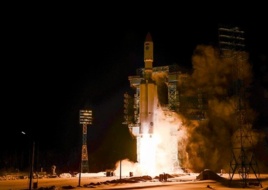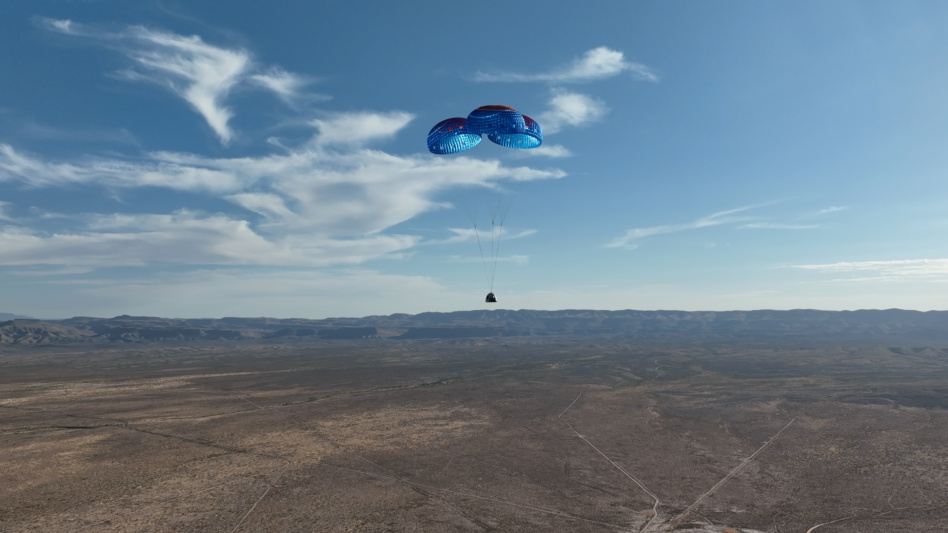The Space Force should boost its use of venture capital funding to have more influence over where private entities are focusing their science and tech investments, according to a RAND report.
Context: The report, which examined how to improve space-focused science and technology processes within the Space Force, made nine recommendations for service leaders about ways to help the branch invest in long-term exploratory research, break down silos within the Defense Department, and better tap into commercial innovation.
DoD’s Space Warfighting Analysis Center asked RAND to examine the topic amid concerns that the US tech advantage is eroding as other nations (read: China) boost their investment in foundational research.
Top takeaways: The report included several significant findings including:
- The Space Force’s investment in innovation is focused on later-stage tech that can quickly get into troops’ hands, while longer-term research that may or may not yield a result is “relatively underfunded.”
- The military has limited sway over how the private industry invests in research, and few opportunities to share its top priorities with companies.
- The Air Force Research Lab takes the lead on the Space Force’s science and technology research, but the military branch has “no formal authority” to shape where the lab invests.
Recommendations: RAND also made several recommendations to the Space Force for how to boost its focus on science and technology research and investment:
- The Space Force should allocate more of its science and technology budget as venture capital funds through the SpaceWERX program to have a better connection to commercial innovation.
- AFRL should allow Space Force officials to direct the allocation of ~20% of its space funding to give the service more control over its focus areas.
- The Space Force should task the office of the assistant secretary of the Air Force for space acquisition with overseeing the space science and technology efforts. The service’s chief technology innovation officer should also work on filling gaps in the broader S&T portfolio.





